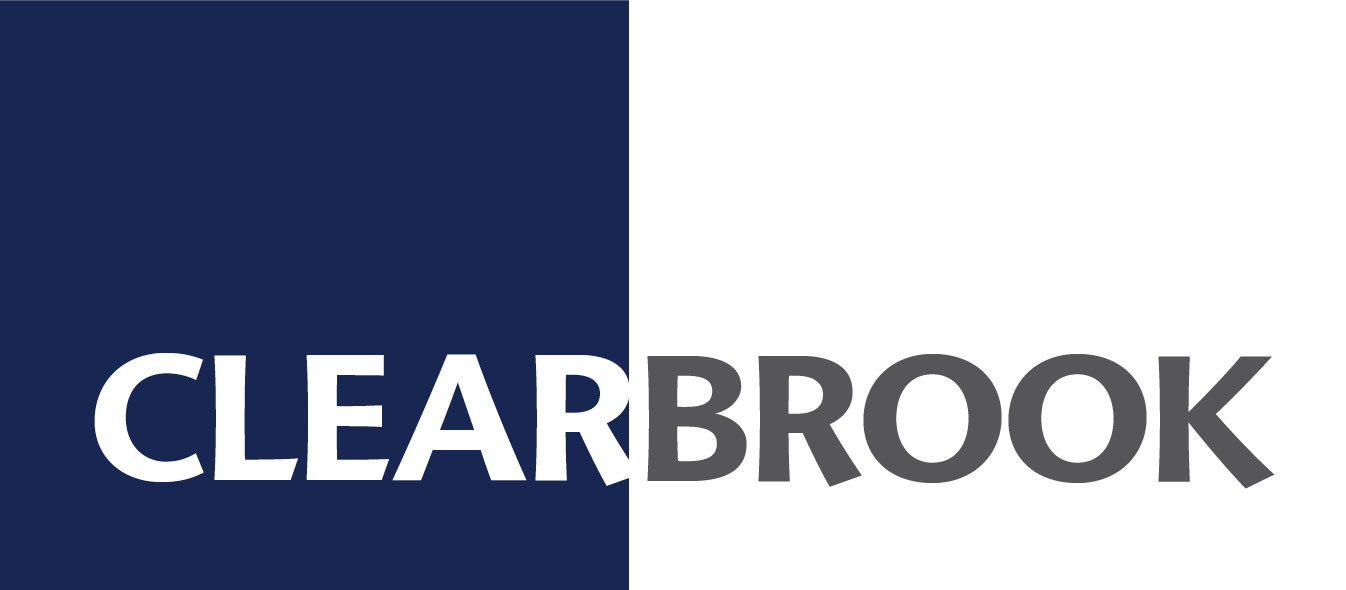Citadel, Millennium Management, and the D.E. Shaw Group all topped 20% returns in some of their leading funds in 2020, a year that saw the hedge fund industry overall finish in positive performance territory, having navigated intense volatility sowed by the global pandemic even after moving their workforces to remote settings.
But while the past year buoyed the industry’s value proposition for investors, it also brought performance dispersion among the largest players, experts say.
Hedge funds finished 2020 strong with gains in November and December, according to data from Hedge Fund Research. HFRI’s fund-weighted composite index finished the year up 11.6% after being hit by COVID-19 induced volatility during the first quarter. The index also had finished up 10.45% in 2019 after being down by 4.75% in 2018.
While every year brings performance winners and losers, 2020 was a “home run” overall for hedge funds, says Darren Wolf, global head of alternatives for the alternative investment strategies team at Aberdeen Standard Investments.
“It was a very stark reminder of why people need hedge funds in their portfolios,” he says. “They were very quick to cut risk in February and March… They adapted very quickly.”
FundFire Alts reviewed the 2020 performance numbers of many large hedge funds based on documents and sources familiar with the matter.
Ken Griffin’s Citadel saw its flagship Wellington fund return 24.4%, the fund’s best performance in eight years, exceeding its 30-year annualized performance of 19%. The Chicago-based manager’s global fixed income fund finished up 17.5% and its tactical trading fund was up 20% for the year. Citadel had $34 billion in assets under management as of Jan. 1.
Millennium Management finished the year up 25.8% and currently has $46.7 billion in assets under management.
The D.E. Shaw Group ended the year with its flagship multi-strategy Composite Fund up 19.4%, while the firm’s Oculus fund, which is a more macro-oriented multi-strategy fund, returned 25.4%. The firm raised $2 billion for its Composite fund in April, as reported, after the fund had been mostly closed to new capital since 2013. D.E. Shaw had $55 billion in assets under management as of Dec. 1, with $35 billion in alternative strategies.
Following a lengthy leadership transition, Sculptor Capital Management, formerly known as Och-Ziff Capital Management, saw its master fund end 2020 up 19.17%, according to a filing with the Securities and Exchange Commission.
Bill Ackman’s Pershing Square was up 70.2% in a year the investor also made a splash with a special purpose acquisition company (SPAC) move, as reported.
Overall, long/short equity funds finished the year with strong performance as HFRI’s equity hedge total index rose 17.49% for the year.
“Stock picking worked,” Wolf says. “It was the best alpha environment we have seen in a very long time.”
But the past year was also one of “haves and have nots” when it comes to hedge fund performance, says Tim Ng, CIO at consultancy Clearbrook LLC.
“There was on one side of the spectrum extraordinary results from a number of hedge funds, particularly those in the long/short equity world with a long bias,” he says, specifically pointing to technology specialists. “Flip side of the coin, you did have issues because of the markets being driven by sentiment versus fundamental factors and the rapid changes in terms of market beta and market correlations that caused enormous problems and performance drags for the quant managers.”
Some big-name firms faced challenging performance results or saw a mix, with some funds outperforming while others were down. Odey Asset Management’s European hedge fund was down 30.48% for the year, while the firm’s absolute return fund managed by James Hanbury was up 49.14%.
Bridgewater Associates’ flagship Pure Alpha fund lost 7.6% in 2020, while the firm’s All Weather fund was up over 10%. The Connecticut-based manager took a hit in March but has since seen positive performance in funds. It is managing $150 billion in assets.
And managers had a tough 2020. Renaissance Technologies saw its Institutional Diversified Alpha fund down 31.8% while its institutional equities fund was down 19.9%. The firm has approximately $55 billion in assets under management.
Some quant funds also “hit a wall” in 2020, said one hedge fund allocator who asked not to be named. But overall, the allocator says that hedge funds are back and that activity in merger arbitrage and SPACs present opportunities in the year ahead.
And 2021 could offer hedge funds plenty of interesting opportunities, Ng says.
“I think the one area that will do really well is event-driven distressed… As companies, industries, sectors, come out of this Covid situation, rethinking their business models, I think you’ll still see there are a lot of distressed assets out there,” he says.
Contact the reporter on this story at ltomkiw@fundfire.com or 212-542-1278.

